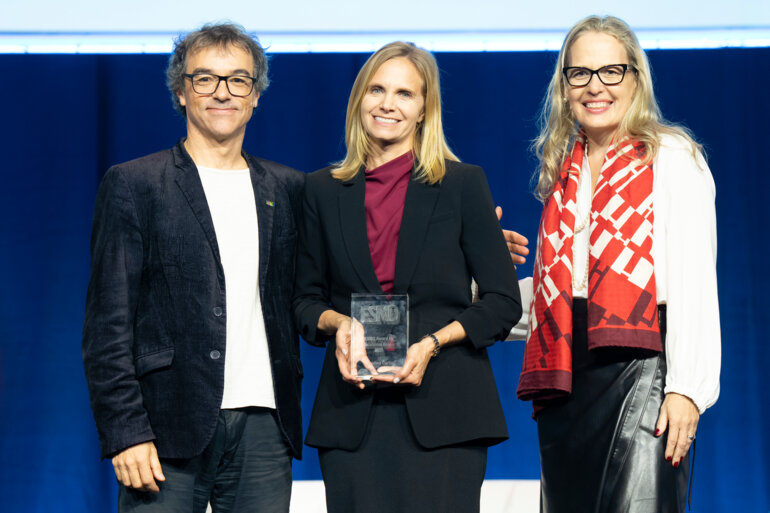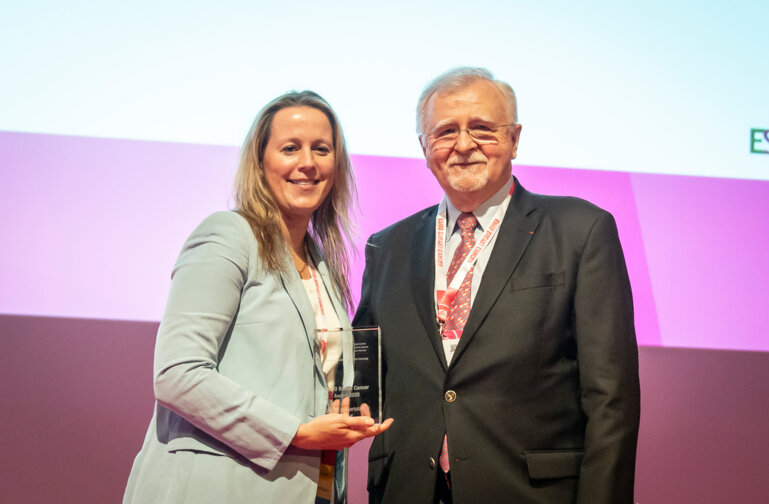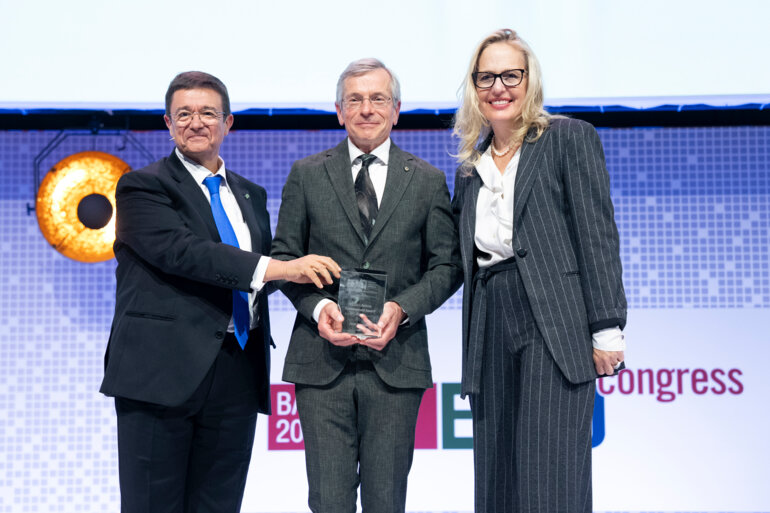
Bridging the interpretation gap in cancer genomics – the next frontier for ai in oncology
Can artificial intelligence finally unlock the full potential of cancer genomics? Discover how new digital tools are closing the gap between data and clinical action in oncology.









